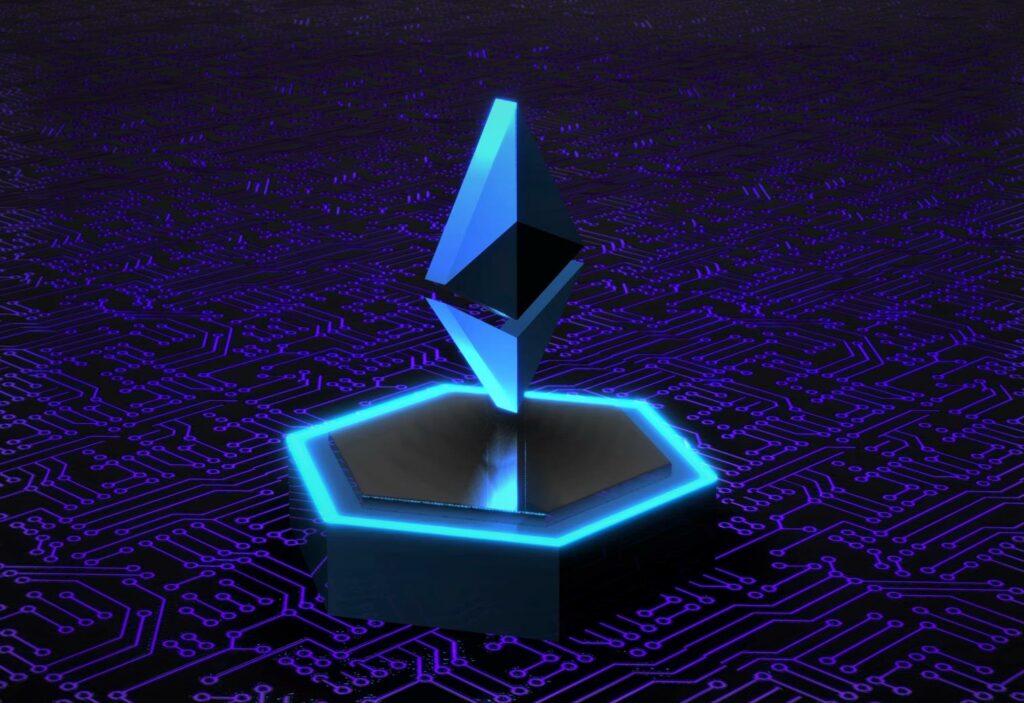In a recent revelation that could redefine the landscape of blockchain technology, Vitalik Buterin, the co-founder of Ethereum ETH 1.98%, announced plans for future upgrades aimed at enabling full nodes to run on mobile devices. This announcement was made during the Korea Blockchain Week conference and comes at a time when the Ethereum network is grappling with issues related to centralization and scalability.
Centralization remains one of the most pressing challenges for Ethereum. Buterin identifies the centralization of Ethereum nodes on platforms like Amazon Web Services (AWS) as a long-term hurdle. Currently, a significant number of Ethereum nodes are hosted on centralized web service providers, which contradicts the fundamental ethos of decentralization that blockchain technology aims to achieve.
In his address, Buterin outlined six key points that need to be addressed to solve the centralization problem. Among these, the role of full nodes was emphasized as a crucial component in achieving a higher degree of decentralization. Full nodes are responsible for validating transactions and blocks on the Ethereum network, and their distribution and operation are vital for the network’s health.
To combat these challenges, Ethereum’s roadmap includes the development of stateless clients using Verkle Trees. Stateless clients are designed to significantly reduce the hardware requirements needed to run full nodes. In the current setup, running a full node requires hundreds of gigabytes of data storage. Stateless clients aim to reduce this requirement to near zero, making it feasible for these nodes to run on consumer hardware, including mobile devices.
While the concept of stateless clients is promising, it is not without its challenges. Buterin estimates that achieving full statelessness could take up to 20 years. The immediate focus remains on enhancing scalability, with technologies like zero-knowledge rollups offering near-term solutions.
Scalability is another significant issue that Ethereum aims to address. The network currently faces limitations in handling a large number of transactions per second, which has led to increased transaction fees and slower confirmation times. Stateless clients offer a path to scalability by enabling more lightweight nodes to participate in consensus and transaction validation.
The potential to run full nodes on mobile devices could have a transformative impact on blockchain adoption globally. Mobile penetration is high even in developing countries, and the ability to run a full node on a mobile device could democratize access to blockchain technology. This would be a monumental step in promoting decentralization, allowing individual users worldwide to participate in network validation easily and inexpensively.






